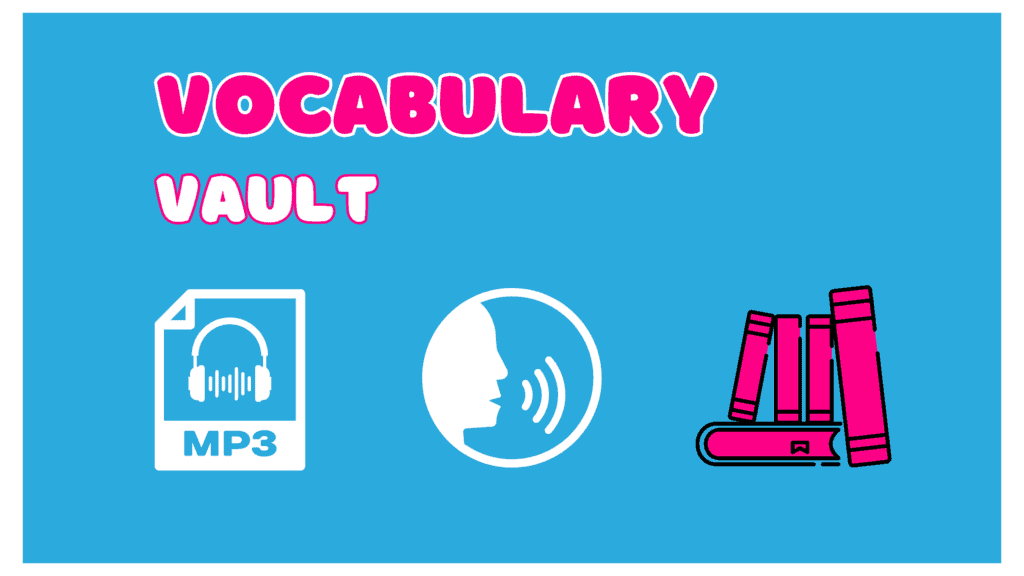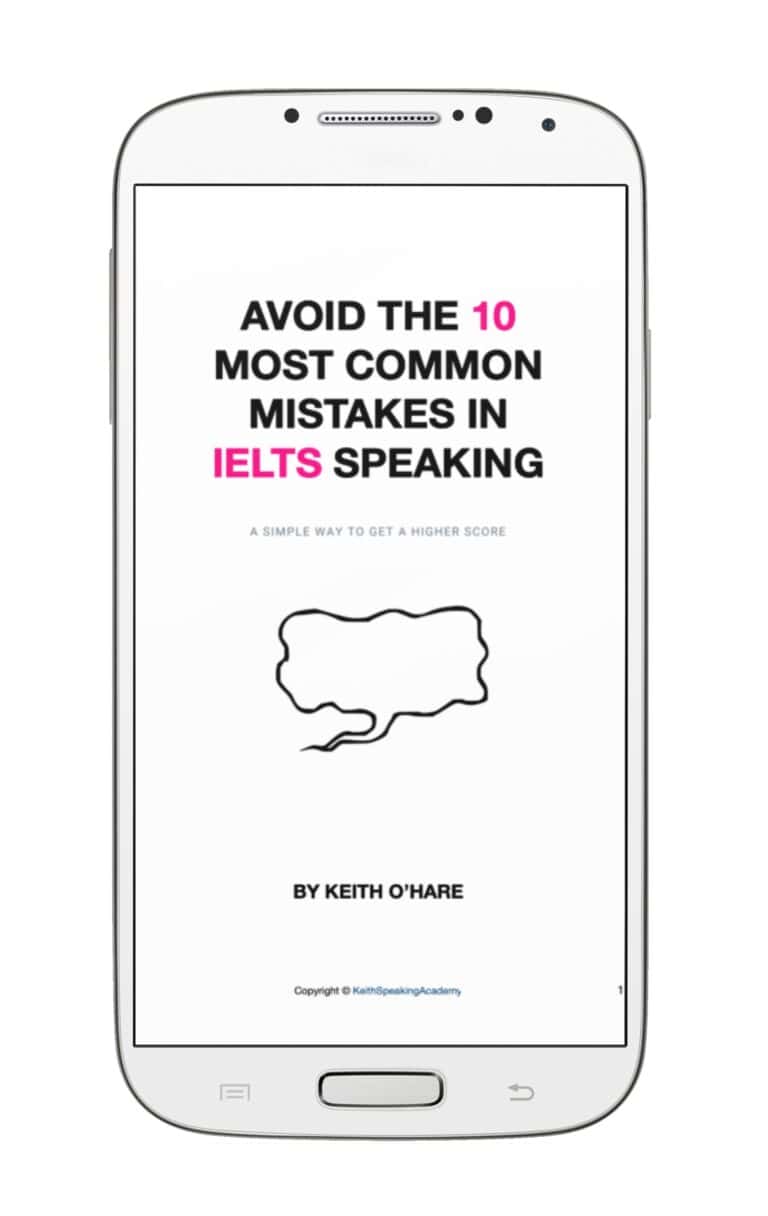IELTS Speaking Lesson about Geography
👇 Take this lesson with you! 👇
Table of Contents
IELTS Speaking vocabulary: Geography
What is geography?
´Geography is the study of places and the relationships between people and their environments.´
I never liked geography at school. I had a terrible teacher who made it so boring!
He certainly wasn’t a good geographer, let alone a good teacher. He’d put up a map on the wall, but instead of actually teaching us how to map out continents or understand different landforms, he’d just read out meaningless sentences and get us to repeat aloud. Physical geography just seemed so dull.
What’s more, he loved showing us these outdated graphs, line charts and bar charts. The worst was when we were supposed to learn about human geography, instead, he’d just make us memorise capital cities and flags—as if that’s all geography is!
Having travelled the world, I now know geography is so much more than that. It’s about understanding our world, how people live, and the forces shaping our Earth.
- Geography (n.) /dʒiˈɒɡrəfi/
- Geo = related to the earth
- Graphic = writing
- Geographer (n.) /dʒiˈɒɡ rə fə/
- = An expert in geography
- Geographic (adj.) /ˌdʒi əˈɡræ fɪk/
- Geographic features
- Geographic region / area / location
Physical geography
This involves the study of landforms, seasons, climate, and the atmosphere.
Human geography
This involves the study of the network of people and cultures on the Earth.
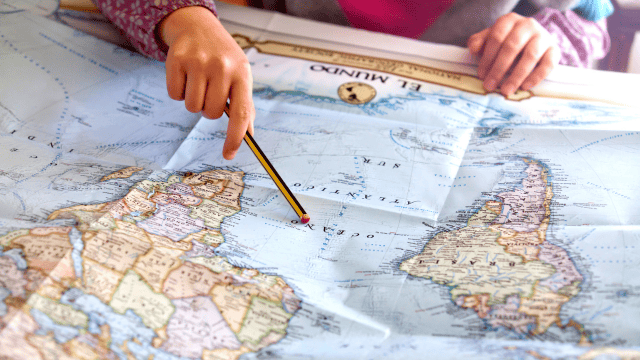
IELTS Speaking tip
When talking about specialised subjects (art, history, geography, economics…)…here are 3 useful phrases
- I’m not an expert but, I think ____
- I’m by no means an expert but, I think _____
- I’m far from being an expert in this field but, I think ____
IELTS Speaking topic: Physical geography
Physical geography is a fascinating field that delves into the very layout and characteristics of our Earth.
Have you ever marvelled at a map? That’s cartography at work, helping us to map out continents, countries, and even our local neighbourhoods. But it’s not just about lines on a paper; it’s about understanding the topography, the highs and lows that make up our landscape.
From the peninsular formations that shape our coastlines to the complex archipelagos dotting our oceans, physical geography gives us a framework to understand our world.
It doesn’t stop there—climate and geographical regions also come into play, affecting everything from weather patterns to agriculture, and by extension, our very way of life.
So why is this important to you? It helps us navigate not just maps, but also our everyday lives.
- To delve into = to look into / investigate
- A map (n.) = a diagrammatical representation of an area
- To map (v.) = to draw a map
- To map out (v.) [idiomatic] = to plan something in detail
- Cartography (n.) = the science and practice of drawing maps
- A cartographer (n. Per.) = someone who makes maps
- Topography (n.) = the physical appearance of natural features of land
- Landscape = the visible features of an area of land (e.g. hills, lakes…)
- To shape = to influence the form of something (can be something physical or something abstract like a belief or idea)
- Landforms
- peninsular (almost an island)
- island (land surrounded by sea)
- mountain range (a group of mountains)
- archipelago (a group of islands)
- coastline
- Geographical regions can include areas within a country, an actual country or a continent.
- Continent (n.) = a continuous mass of land, generally recognised as a collective regions (e.g. Asia, Europe)
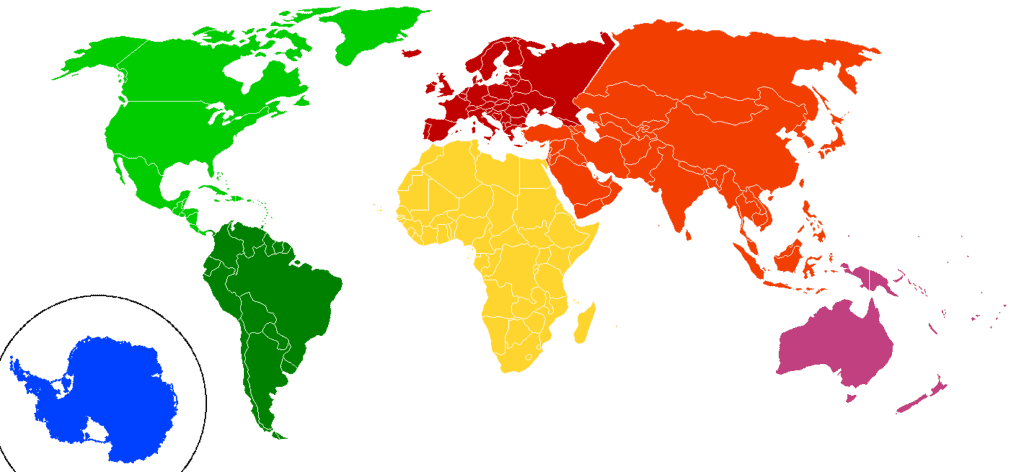
We use the following to accurately mark the position of places on the earth.
- Equator = a line around the centre of the earth, dividing the northern and southern hemispheres.
- Latitude = a line running around the earth, east and west, and parallel to the equator.
- Longitude = a line running from the north pole to south pole.
- Tropic of Cancer
- Tropic of Capricorn
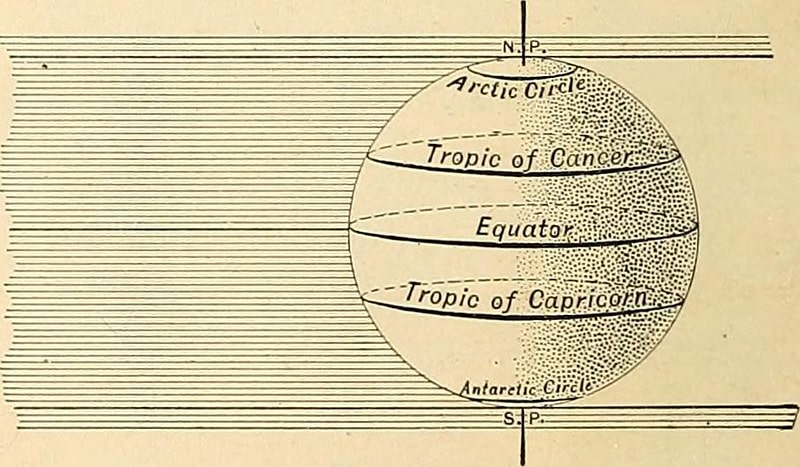
Geography jokes!
1) Why are mountains the funniest place to travel to?
2) What’s the best thing about Switzerland?
See answers
1) Why are mountains the funniest place to travel to?
Because they’re hill areas!
Explanation:
It’s a play on words. ‘Hill areas’ and ‘hilarious’ are homophones, having
the same pronunciation
2) What’s the best thing about Switzerland?
I don’t know, but the flag is a big plus!
Explanation:
To be a big plus = to be a bonus or an advantage A plus is this
mathematical sign + which is also used for the flag of
Switzerland.
IELTS Speaking topic: Human geography
Human Geography delves into the intricate relationship between people and the places they inhabit, exploring how cultures, economies, politics, and populations shape and are shaped by their environments.
This field of study is crucial as it not only helps us understand the patterns and processes that have defined human history but also aids in predicting future trends and challenges. This is of utmost importance nowadays as human activity is having such a powerful impact on out environment.
From the language we speak to the cities we dwell in, to migration patterns and economic dynamics, human geography offers insights into the many areas of our daily lives, emphasising the interconnectedness of society and space.
- Intricate relationship = detailed and complex relationship
- To inhabit = to live in a certain place
- Culture (including language, religion, politics and economics)
- Population (including size, density, distribution, and migration)
- Human activity (farming, transportation, manufacturing and so on)
- Migration patterns = the trends of movement of people from one country to another
Play some geography games to test your knowledge of flags, capitals and countries.

IELTS listening bingo
- Listen to this person talking about Geography
- Mark a box when you hear the exact words in it.

See answers

Pronunciation Files For Vocabulary From My Best Live Lessons
Use Words EASILY in English Conversations!
More Free Lessons
If you liked this lesson, leave a comment below!
There are more lessons you can follow in the links below too.
POLLUTION in IELTS Speaking. Useful collocations and vocabulary to help you discuss about pollution.
SHOPPING in IELTS Speaking. Learn the essential vocabulary for this topic, as well as how to talk about online shopping.
WORK in IELTS Speaking. Learn the essential vocabulary for this topic, as well as how to talk about work.
HOLIDAYS in IELTS Speaking Discover the 10 things the British do on holiday and learn the useful vocabulary and idioms to talk about it.
DAILY ROUTINES in IELTS Speaking. Vocabulary and idioms you need to describe about your daily routines.

